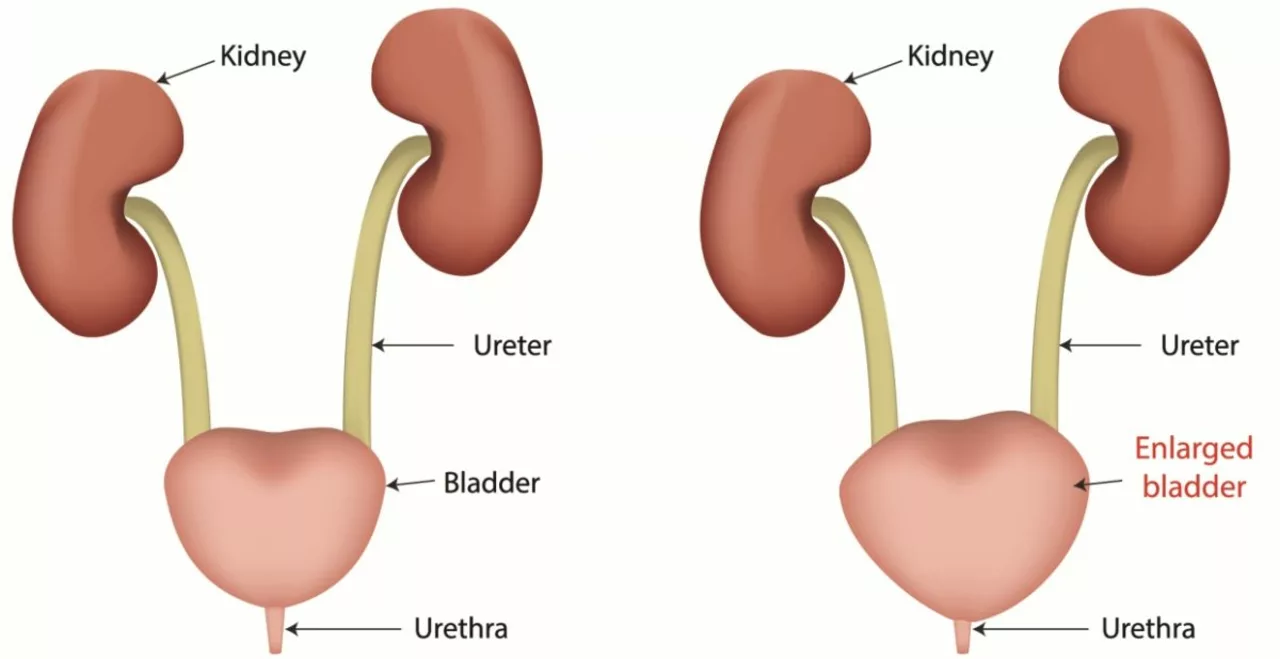Urinary retention: quick help, causes, and what to expect
Being unable to pee when you need to is scary. Urinary retention means your bladder won’t empty fully or at all. It can come on suddenly (acute) or slowly over weeks to months (chronic). Acute retention is an emergency. Chronic retention causes nagging symptoms that lower your quality of life.
Common symptoms you might notice include a strong urge with little output, a weak or stopped stream, dribbling after urination, frequent trips with little result, lower belly pain, and urinary tract infections. In older men, a feeling that the bladder never empties is often the first sign.
What causes urinary retention?
There are three main groups of causes: blockage, nerve problems, and medicines. Blockage is often from an enlarged prostate in men, urethral strictures, or large bladder stones. Nerve problems happen after spinal injury, stroke, multiple sclerosis, or diabetes that affects bladder control. Many common drugs can trigger retention—anticholinergics (some antihistamines, bladder antispasmodics), tricyclic antidepressants, strong opioids, nasal decongestants, and some cold medicines. Think about new or changed medications when symptoms start.
Other triggers include recent surgery, severe constipation putting pressure on the bladder, and pelvic organ prolapse in women. Temporary urine retention can follow anesthesia and sedation after procedures.
What to do now: simple steps and tests
If you cannot pass urine at all, go to the emergency room or urgent care. You may need an emergency catheter to relieve pressure and avoid kidney damage. If you can pass some urine but feel incomplete emptying, book a same-day appointment with your doctor.
Doctors usually check a post‑void residual (how much urine stays in the bladder) with a bladder ultrasound or catheter measurement. They’ll also test for infection, check kidney function with blood tests, and review your medicines. Uroflowmetry and urodynamic studies help when the cause isn’t clear.
Treatment depends on the cause. For blockage from an enlarged prostate, short-term catheterization followed by medications like alpha‑blockers can help. Surgical options (transurethral resection of the prostate, laser procedures) are common when meds fail. If a drug causes retention, stopping or switching it often resolves symptoms. For neurogenic bladder, scheduled catheterization, intermittent self‑catheterization, or implantable devices may be needed. Treat infections with antibiotics when present.
Complications include repeated UTIs, bladder stones, and kidney damage from high bladder pressures. That’s why prompt care matters. You can reduce risk by managing constipation, staying hydrated, avoiding unnecessary anticholinergic drugs when possible, and discussing alternatives with your prescriber.
Want more specific guides—like which drugs raise retention risk or how self‑catheterization works? Search our site for medication pages and step‑by‑step how‑tos, or contact your clinician for tailored advice. If symptoms are sudden and painful, don’t wait—get immediate medical help.
Follow-up care usually includes tracking post-void residual, adjusting medicines, and lifestyle changes. Men with prostate issues often need urology referral for long-term management; women with pelvic floor prolapse may need pelvic floor therapy or surgical repair. If you use intermittent catheterization, learn sterile technique and keep supplies clean to cut infection risk. Keep a symptom diary noting times, volumes if possible, and any new meds—this helps your clinician find the cause faster. Ask questions until you understand the plan.

The Benefits of Bladder Training for Overcoming Urinary Retention
As someone who has experienced urinary retention, I can't emphasize enough the benefits of bladder training. Through this process, I've gained better control over my bladder, leading to a significant reduction in the frequency of accidents. Bladder training has also helped me regain my confidence, as I no longer worry about embarrassing situations in public. Furthermore, it has improved my overall health by reducing the risk of infections. I highly recommend bladder training for anyone struggling with urinary retention - it's a game changer!
More Detail